Climate change, right here at home
stevation
16 years ago
Related Stories

LANDSCAPE DESIGNCelebrate a Sunny Climate With the Right Leafy Palm for Your Site
So you get freezes or floods. So your garden is small. These palms send excuses riding off into the tropical sunset
Full Story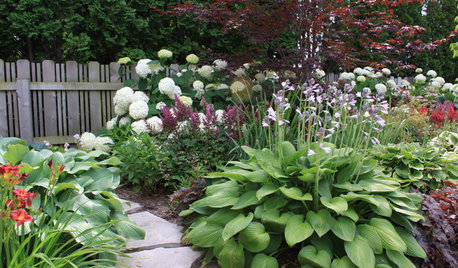
MOST POPULARSpring Gardens Are Blooming — Here’s What to Do in April
Get the guide you need for gardening in your U.S. region, with tasks, climate-appropriate plantings and more
Full Story
WORKING WITH PROSInside Houzz: An Interior Design Match Made Right Here
See a redesign that started on Houzz — and learn how to find your own designer, architect or other home pro on the site
Full Story
COLORWant More Color in Your Home? Here’s How to Get Started
Lose your fear of dabbling in new hues with these expert words of advice
Full Story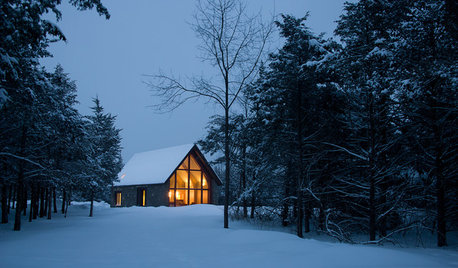
ARCHITECTURE15 Smart Design Choices for Cold Climates
Keep your home safe and comfortable in winter by choosing the right home features and systems
Full Story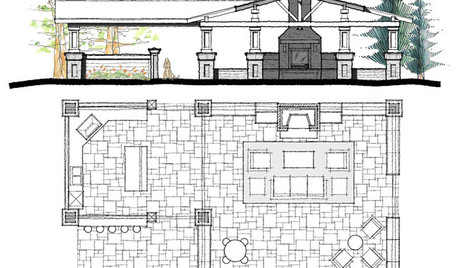
LANDSCAPE DESIGNClimate Control: Work With Nature's Elements for the Best Outdoor Space
Consider sun, wind and water where you live for a deck or patio that's as comfortable as possible all year long
Full Story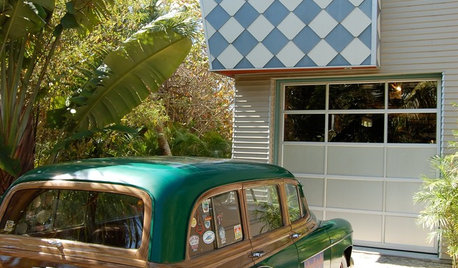
MOVINGRelocating? Here’s How to Make the Big Move Better
Moving guide, Part 1: How to organize your stuff and your life for an easier household move
Full Story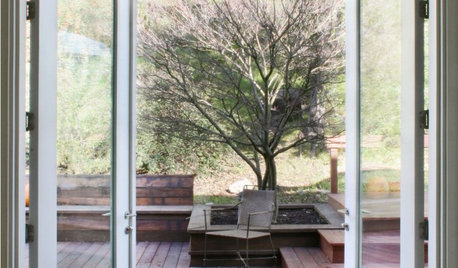
MOST POPULARFind the Right Glass Door for Your Patio
It’s more than just a patio door — it’s an architectural design element. Here’s help for finding the right one for your home and lifestyle
Full Story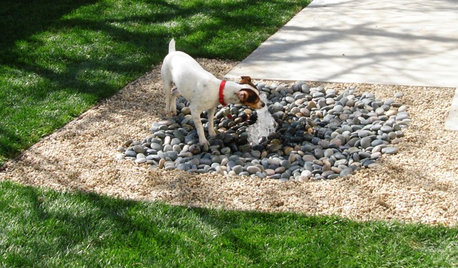
PETSHere’s How to Show Your Pet Even More Love
February 20 is Love Your Pet Day. Find all the ideas and inspiration you need to celebrate right here
Full Story
ANTIQUESInherited an Antique? Here’s How to Work It Into Your Home
Find out how to make that beloved vintage piece fit in with your decor
Full Story





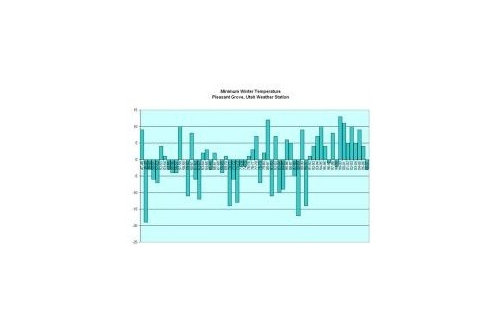
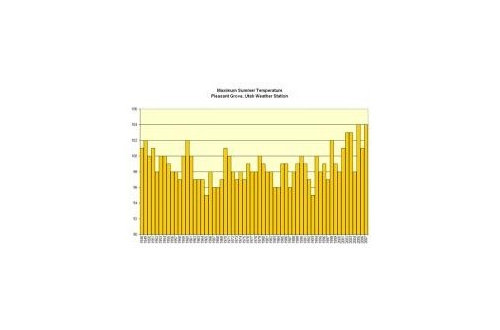


stevationOriginal Author
david52 Zone 6
Related Professionals
Ashburn Landscape Architects & Landscape Designers · Chattanooga Landscape Architects & Landscape Designers · South Elgin Landscape Architects & Landscape Designers · Vernon Hills Landscape Architects & Landscape Designers · Tempe Landscape Contractors · Cincinnati Landscape Contractors · Duarte Landscape Contractors · Fort Payne Landscape Contractors · Homewood Landscape Contractors · St. Louis Landscape Contractors · Vacaville Landscape Contractors · Wailuku Landscape Contractors · Four Corners Landscape Contractors · Bell Gardens Solar Energy Systems · Weymouth Solar Energy Systemsdigit
digit
stevationOriginal Author
david52 Zone 6
jaliranchr
jclepine
digit
stevationOriginal Author
idaho_gardener
david52 Zone 6
david52 Zone 6
pyrorob
david52 Zone 6
digit
david52 Zone 6
david52 Zone 6
david52 Zone 6
digit
digit
digit
Skybird - z5, Denver, Colorado
stevationOriginal Author
idaho_gardener
david52 Zone 6
aliceg8
stevationOriginal Author
digit
Skybird - z5, Denver, Colorado
zone_denial
david52 Zone 6
aliceg8
billie_ladybug
david52 Zone 6
digit
Skybird - z5, Denver, Colorado
dafygardennut
idaho_gardener
digit
pyrorob
digit
pyrorob
digit
pyrorob
david52 Zone 6
david52 Zone 6
mishelrobertson12